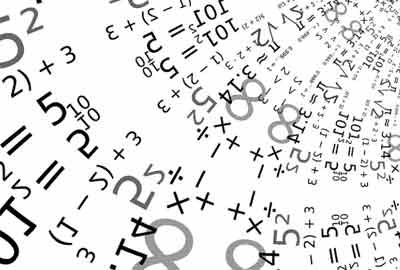except for与except有哪些不同
except和except for均用于表示排除关系,意指“除了某事物之外,不再有……”。在使用时,except后跟的词与主语通常为同类事物,而except for后跟的词则往往与主语非同类。

except for与except的异同
except意为“除去,不包括”,着重强调所排除的内容“不包含在内”。它通常用于表示同类之间的关系,常与nothing, all, none, nobody, any等不定代词及every连用。except可接名词、代词,也可接副词或介词短语。举例如下:
1. 除这块蛋糕外,其余的你都可以吃。You can have any of the cakes except this one.
2. 她除了雪,什么也没看见。She saw nothing except snow.
except的用法灵活,可接名词、代词,也可接副词、介词短语、不带to的不定式或从句等。例如:
1. 她什么也不做,只是坐着看电视。She doesn’t do anything except sit and watch TV.
2. 除下雨时外,他通常骑自行车上班。He usually goes to work by bicycle except when it rains.
except for也意为“除……以外”,用于对某种基本情况进行具体细节方面的修正。其与except的区别在于:except for后接的词与句子中的整体词(主语)非同类,表示从整体中排除一个细节或方面;而except后接的词与整体词(主语)通常为同类,表示在同类整体中排除一部分。例如:
1. 除了最后一题,其余题目我都能解答。I can answer all the questions except for the last one.
2. 你的作文写得很好,只是有几处语法错误。Your writing is good except for a few grammar mistakes.
当except位于句首时,常改用except for。例如:
Except for the ticking of the clock, his house was silent.(=His house was silent except for the ticking of the clock.)除了时钟的滴答声,他的家中一片寂静。




